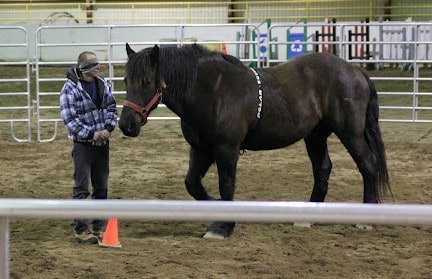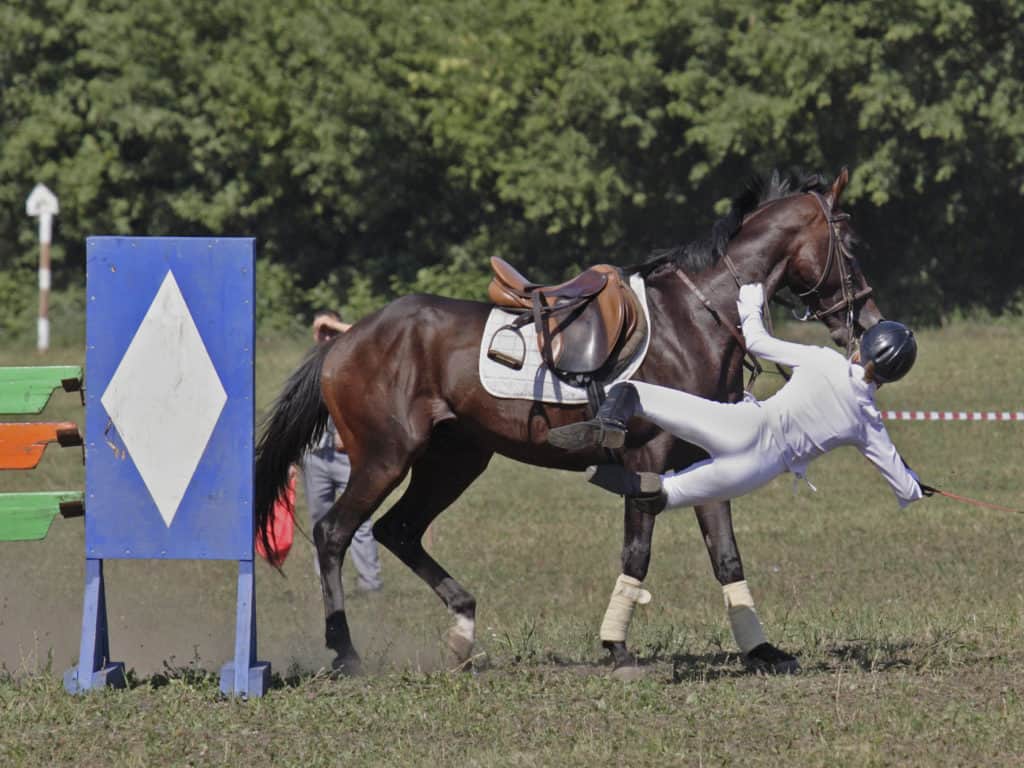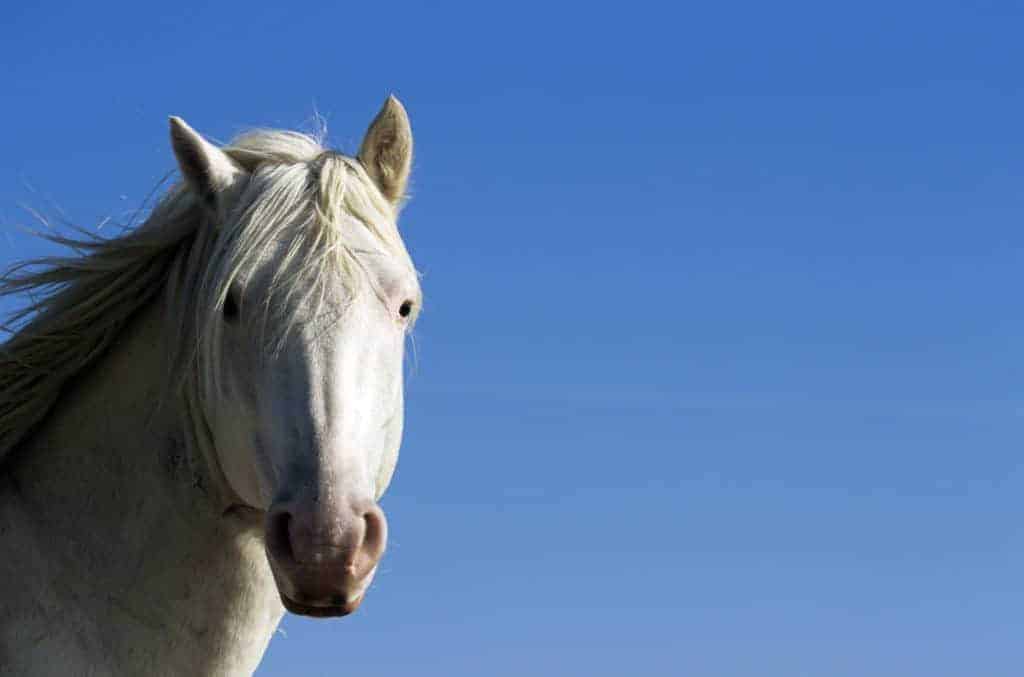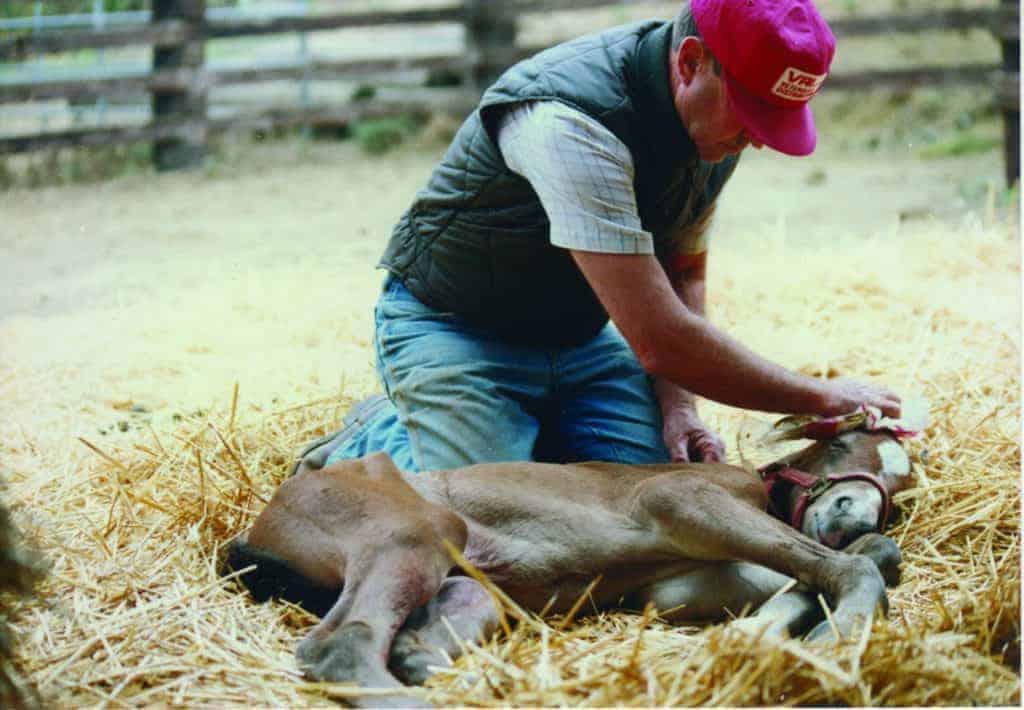
Study: Trainers Consistently Evaluate Ridden Horse Behavior
Trainers were more consistent in scoring ridden horse behaviors than were equitation scientists in one study.

Trainers were more consistent in scoring ridden horse behaviors than were equitation scientists in one study.

Researchers believe the best predictor of a horse’s motivation is someone who knows the animal well.

Researchers found that depressed horses behave in a similar manner to depressed humans.

One study found that horses had lower heart rates around nervous humans as compared to calm people.
McDonnell spoke on how to interpret behavioral changes in horses, and which ones could have physical causes.

A recent study revealed a “disproportionately high accident rate” in humans working with and around horses.
What would you recommend for a horse with burns so severe the skin is sloughi

Stress negatively affects horses’ working memory, used in training for associating commands with actions.

Researchers recently identified risk factors for bad behavior in a population of Pony Club horses.
Behavior question about getting horses used to standing in tight spaces.

Horse owners benefit from an understanding what goes on in a horse’s brain, according to one veterinarian.

New research suggests rollkur is probably no more harmful than the “standard” dressage head position.

When it comes to equine education (training), horse owners face as many conflicting viewpoints as new parents.
Hand-feeding treats creates the nuisance of horses and ponies constantly nudging and nipping at people.
Molly Sweeney has been chosen as the 2011 recipient of The EQUUS Foundation Humanitarian Award.
Equine Guelph is pleased to announce the first offering of the Equine Welfare online course.
Stay on top of the most recent Horse Health news with
"*" indicates required fields